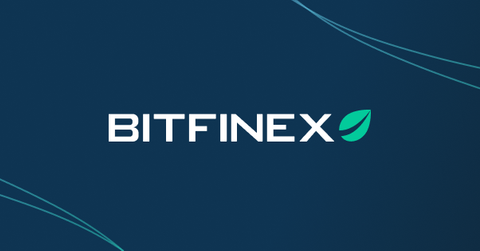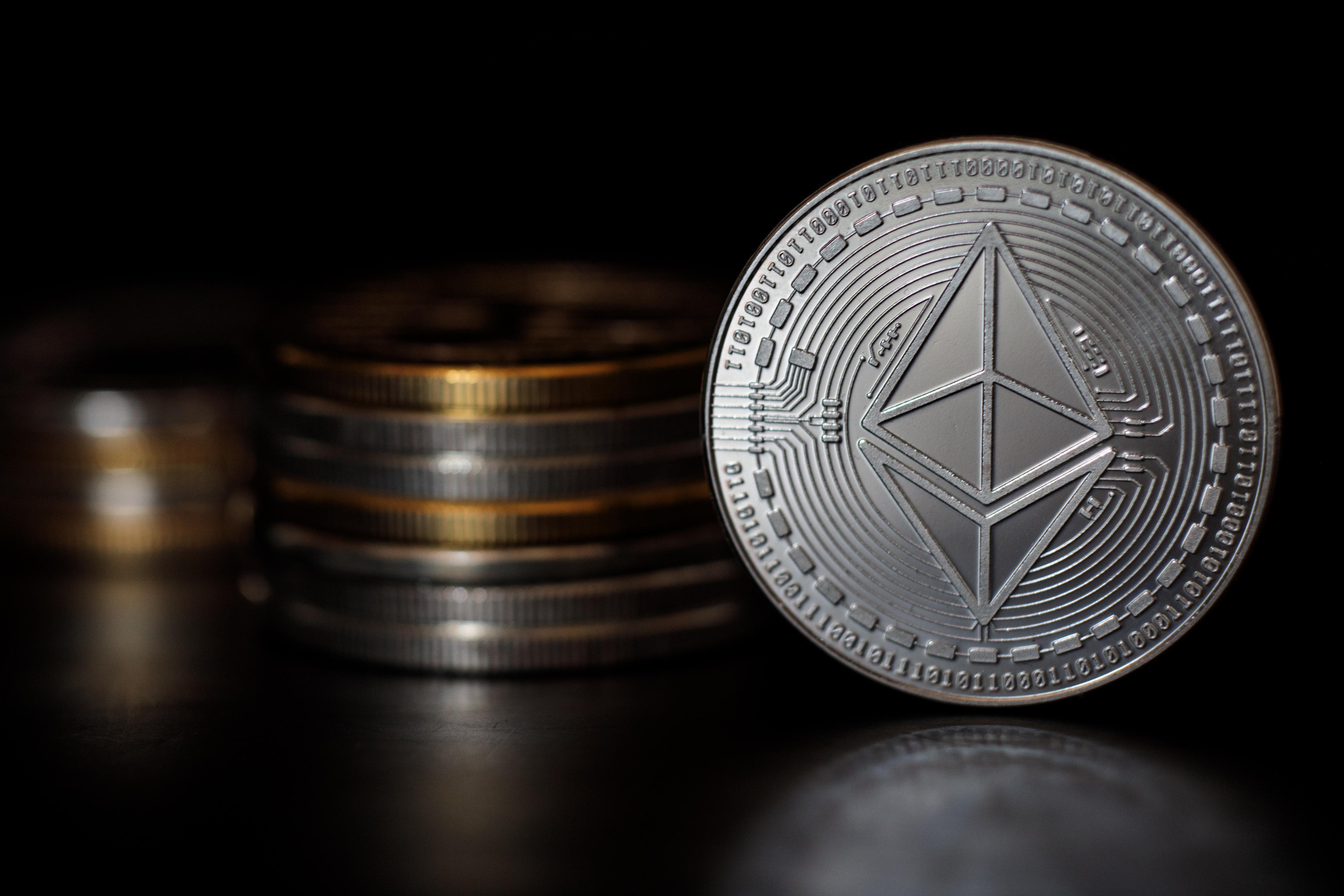Oops! Bitfinex Overpays Ethereum Trading Fee by Millions
What if your worst nightmare came true, and you accidentally overpaid for something? And by more than $20 million? That's what happened to Bitfinex.
Sept. 30 2021, Published 12:09 p.m. ET
What if your worst nightmare came true, and you accidentally overpaid for something? And by more than $20 million? That's what happened to Bitfinex during a recent Ethereum transaction.
Ultimately, the gas fees that Bitfinex paid to a miner were well over what was due. Here's how the cryptocurrency community fixed it on its own.
Bitfinex overpays on Ethereum transaction by a huge amount
Recently, Bitfinex made a $100,000 transaction for Ethereum, which is currently worth $2,975.47 per Ether coin. It paid a gas fee to a miner that amounted to $23.7 million, well over the value of the transaction, let alone the expected fees.
That money came in the form of Tether, a cryptocurrency that tracks the U.S. dollar. The transaction occurred through an exchange called DeversiFi, Bitfinex's own DeFi spin-off.
The Bitfinex fee is a case of human error
In short, the Bitfinex mistake traces back to human error. It had nothing to do with the blockchain or protocol that Bitfinex uses.
Human error is one of the biggest security threats in cryptocurrency today. Traders must keep track of all passwords, ensure correct transaction recipients and amounts, and even sell at the right time. For Bitfinex, the human mistake was costly enough to trigger crypto publication The Block to report the transaction, as it stood out from the others on Ethereum-tracking scanner Etherscan.
The crypto miner who received the money returned it to Bitfinex
In a noble move, the crypto miner who received the funds has returned most of it to Bitfinex's wallet. They did so in three transactions using 1 ETH, 7,385 ETH, and 240 ETH.
To clarify, the miner who returned the funds is not one individual, but rather a pool of miners working together. They are currently anonymous but the group is the world's ninth-largest Ethereum miner. According to data from Etherscan, the group accounts for about 3.1 percent of the Ethereum network's hash rate. That's seriously productive.
The mining pool was not required by any means to return the millions of dollars in assets to Bitfinex. Outside of taxation, cryptocurrency remains an unregulated landscape. Any crypto trader carries this risk when buying alternative assets, even big-name coins such as Bitcoin and Ethereum.
Fortunately, the crypto world regulated itself on this one. Perhaps the miners wanted to uphold cryptocurrency's integrity.
Did Bitfinex learn a lesson?
Bitfinex is lucky to have received the majority of the Ether back. The Bitfinex-associated DeFi exchange DeversiFi wrote in a tweet, "Thank you to the miner of block 13307440 who we can confirm is returning 7,626 ETH that were incorrectly paid today as a tx fee."
Because cryptocurrency is decentralized, the public is made aware of irregularities. There are no internal organizations managing issues, so it's up to everyone who makes up the network, including miners, exchanges, and traders.
Ultimately, Bitfinex learned its lesson about watching those with heavy fingers when completing transactions and filling out fees. However, the event also reminded the entire cryptocurrency community of the sheer power of decentralization.


